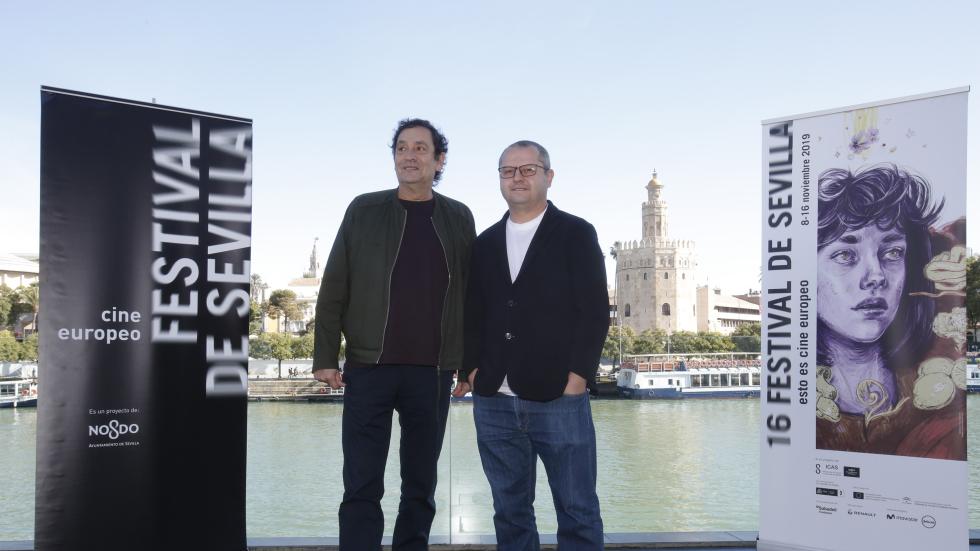The Seville Festival will feature in its Official Section the premiere of 'La Gomera', by Corneliu Porumboiu ('The Treasure'), which follows the story of a corrupt policeman who travels to the Spanish island to learn the whistling language of the canarianisland,that he will use to communicate with the Mafia. On this unusual starting point, the Romanian filmmaker has explained that his origin was in a report on the language of the whistle that he found "very interesting", and that at the same time "I wanted to shoot a story in the style of film noir of the 30s and 40s , about people who are attracted only to money."
Porumboiu, who in this film set on the Canary Island develops a fast-paced plot about money, drug trafficking and betrayal, has pointed out that "today, we are in a world where we all have a camera at hand and we can have that feeling of watching and of being watched. In 'La Gomera' I wanted to play with that tension and that idea that is so current in society."
"My maxim is always to tell the story I want to tell, that's the most important thing. This film may be, in terms of technical aspects, very ambitious, but I've also made films with three characters that can be equally ambitious or more," states categorically the director.
In an unusual turn towards film noir, Porumboiu pulls out of his sleeve this ingenious entertainment, Hitchcock with Kaurismaki'shumour: a new feint for this Romanian giant. The starting point is Cristi, a corrupt policeman who travels to 'La Gomera' to learn the ancestral whistling language, and thus be able to communicate in code with the Mafia. Drug trafficking, a loot of 30 million euros, crossed betrayals, a femme fatal, film references, soundtrack heart-stopping: nothing is lacking in 'La Gomera', which also represents his country in the Oscars.
He was born in Romania in 1975 and studied film in Bucharest. He is a key figure in the new wave of Romanian cinema. With his feature debut 12:08 in western Bucharest he won the Golden Camera at Cannes, a festival to which he returned with the film he consecrated, Police, Adjective (2009), which took the Un CertainRegard Jury Prize and the Fipresci Award, among many other prizes at international festivals.Then came fictions such as When Evening Falls on Bucharest or Metabolism (2013), screened in Locarno and present at the Seville Festival, and The Treasure (2015), again awarded at Cannes. Infinite Football, his second nonfiction work dedicated to football after The Second Game (2014), was part of the The New Waves Non Fiction section in Seville. His last film, La Gomera, competed for the Palme d'Or at Cannes this year.







